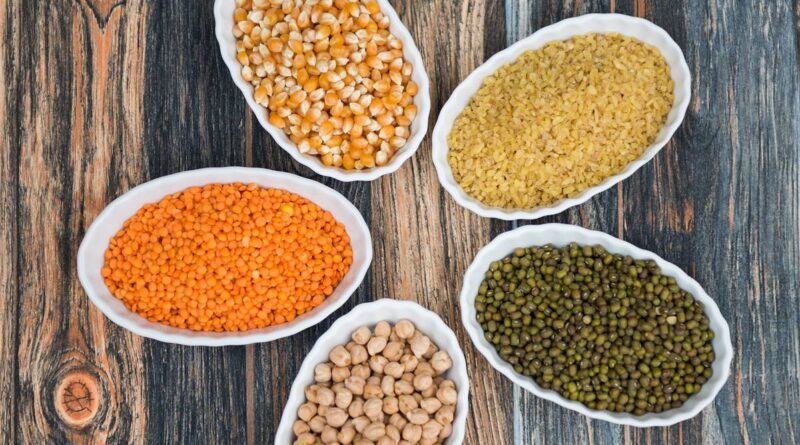Gujarat: State govt to set up cotton, pulses missions to double production
The Gujarat govt has decided to set up dedicated state-level missions to double cotton and pulses production in the state. This decision follows the Union govt’s announcement in the Budget to set up separate missions to promote these crops nationally.
Senior officials from the state agriculture and farmers welfare department said that the govt of India announced a ‘Mission for Cotton Productivity & Sustainability’, incorporating the transformative 5F vision (farm to fibre to factory to fashion to foreign).
The officials stated, “Gujarat is one of the leading states in the country in cotton production, but for the past few years, our cotton production has not increased as anticipated, and there is a possibility that we may lose our edge to other states in the coming years.”
Sources revealed that to support the Union govt’s cotton mission initiative, Gujarat plans to establish a mission-oriented organisation to double cotton output. “The state govt has resolved to not only match the central grants but also to provide additional funds from state resources if required,” they added.
Sources further said, “Like cotton, the state govt will also set up a pulses mission with a focus on tur and moong dals. Tur dal is a staple food in the state and although Gujarat is one of the major producers, it has become challenging in the past few years to meet the demand. The govt will lay special emphasis on increasing tur dal production.”
Officials indicated that Gujarat will identify districts under the govt of India’s Dhan Dhanya Krishi Yojana, which targets 100 districts to enhance crop diversification, storage, irrigation, and credit accessibility.
State agricultural department officials confirmed the implementation of the Union govt’s comprehensive programme for fruits and vegetables, with the aim to promote production, supplies, processing, and fair prices for farmers. Officials said, “Under the new scheme, credit will be enhanced for farmers, fishermen, and dairy farmers.”
This article has been republished from The Times of India.

